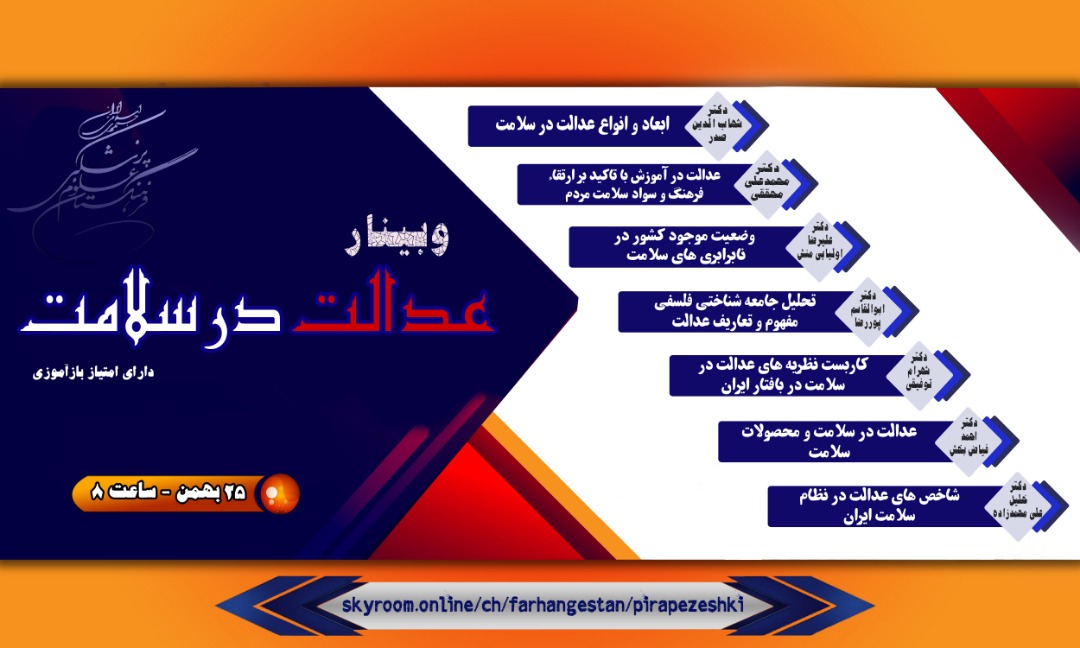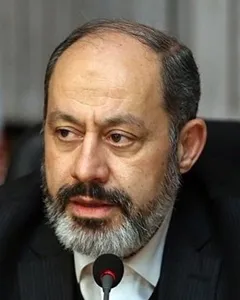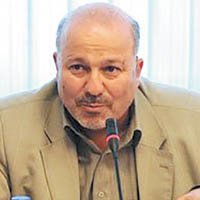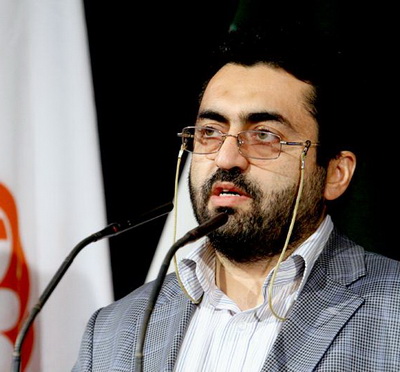Note: On Monday, February 14, 2022, the Conference on Justice in Health was held at the Academy of Medical Sciences with the permission of retraining from the comprehensive system of continuing education of the medical community. The program began with the recitation of verses from the Holy Quran and the playing of the anthem of the Islamic Republic of Iran. First, Dr. Khalil Ali Mohammadzadeh, as the scientific secretary of the conference, explained about the purpose and content of the conference, and then the lectures were given in the following order.


– Dr. Seyed Shahabuddin Sadr, President of the Conference and Professor of Tehran University of Medical Sciences, spoke on the theoretical foundations of justice and the dimensions and types of justice in health. Presenting statistics on the country’s health indicators, he said: “The issue of justice should be at the top of every country’s agenda, and we, especially in the health sector, are looking for a fairer and healthier society for all, and the Corona pandemic more than ever.” Another time emphasizes this approach.
A permanent member of the Academy of Medical Sciences in another part of his speech to explain the key word of justice in general health policies; The Supreme Leader issued a statement on the types of justice and the characteristics of each of them: horizontal justice dictates that equality be treated equally, and vertical justice dictates that inequalities be treated unequally.
The head of the specialized group of paramedical sciences of the academy mentioned that we should move towards a way for people to feel more justice in entering the health sector, noting: the feeling of justice is other than the implementation of justice and more difficult, and if fully observed. The rights of individuals and non-discrimination in referrals, this concept will be more pronounced.

– Dr.Mohammad Ali Mohagheghi, Professor of Tehran University of Medical Sciences and Vice Chancellor of the Academy of Medical Sciences, spoke about justice in education, emphasizing the promotion of culture and health literacy, calling justice in health the right of all members of society and justice in health education. Classified social justice and in addition to vocational training, emphasized the education of the general public.
The permanent member of the Academy of Medical Sciences defined the acquisition, maintenance and continuous increase of public health literacy and knowledge, especially the essential knowledge for basic health issues throughout life, as examples of justice in the field of public education and said: focus on fair and The vitality of general health policies in the last 5 years could have eliminated an important part of the injustices in the field of health.
In another part of his speech, he described the characteristics of a fair education system in health, including attention to quantity and quality, purposefulness, health-centeredness, responsiveness, meeting needs, efficiency, addressing the needs of disadvantaged areas and groups, and adhering to Islamic values. explained.

– Dr. Alireza Olyaeemanesh., Vice Chancellor for Health, Tehran University of Medical Sciences and a member of the Resistance Economics Working Group of the Academy of Medical Sciences, referring to the current situation in health inequalities and emphasizing the need to measure health justice indicators based on different income deciles and factors Socio-economic, he said: the situation of these indicators in different cities sometimes have significant differences that policy makers and managers should pay attention to these distances.
The head of the Health Justice Policy Research Center also explained the indicators of health justice financing, such as crushing costs, poverty treatment costs and out-of-pocket payments, saying that eliminating health injustices largely outside the health sector Treatment is relevant, and in this way, serious actions should be on the agenda of governments, and we should not wait any longer for action.
– Philosophical sociological analysis of the concept and definitions of justice was the subject of a lecture by Dr. Abolghasem Pourreza, a professor at Tehran University of Medical Sciences. He first referred to the different definitions of schools and thinkers of justice and especially justice in health and said: In many countries of the world, the poor are more sick and less treated, and justice is actually taking into account the differences and taking action to Eliminate discrimination.
In another part of his extensive speech in this regard; He pointed to the diversity of needs and changes in the needs of the health sector and said: “These issues make the development of standards of justice in the field of health more difficult and complex, but it must be entered accurately, because without justice and incomplete implementation.” It, society and its health face dire consequences.

– Dr.Shahram Tofighi, Associate Professor of Baqiyatallah University of Medical Sciences, spoke about the application of theories of justice in health in the Iranian context and in part, while explaining different views on justice in health, said: Justice and fairness are two related words, But at the same time they have differences, fairness is a political decision and that is not to deprive anyone of health services by creating equal opportunities.
The member of the Health Services Department of the Academy of Medical Sciences added: to achieve justice in health, adhere to the rules, eliminate unnecessary privileges, put everything in its place, good care and treatment behavior and pay attention to efficiency in decision making And actions are important.

– Dr. Ahmad FayyazBakhsh, a faculty member of Tehran University of Medical Sciences, was another speaker on the program who spoke about justice in health and health products and said: social determinants such as social class, employment, social isolation, stress, addiction, food safety Social support and, finally, literacy play a greater role in causing disease in humans than biological factors.
A member of the Resistance Economics Working Group of the Academy of Medical Sciences continued: “Only 20 to 25 percent of people’s health is provided in the health system and 75 to 80 percent of people’s health depends on other factors such as food, environment, income and housing, etc.” Which is related to outside the health sector.

– Indicators of Justice in the Iranian Health System was another lecture of the Health Justice Conference, which was delivered by Dr. Khalil Alimohammadzadeh, Associate Professor and Scientific Secretary of the conference. He described 69 important indicators of justice in Iran’s health in five areas: health (38 indicators), human and social development (10 indicators), economic development (4 indicators), physical environment and infrastructure (12 indicators) and governance (5 indicators). And that these indicators are the criterion for judging how the health system works, he noted: The important issue in justice is that instead of focusing only on the averages and deviating from the criteria, we should pay attention to the areas that are far from the averages. Be serious.
The head of the health services management subgroup of the Academy’s paramedical group also said: “Access to and benefit from health services are two separate concepts.” In order for access to lead to benefit, dimensions must be considered, such as: services are geographically close, services are culturally acceptable, and financial access is available, that is, conditions are created that meet the needs of all segments.
It is worth noting that; In compiling programs and holding this conference; The members of the paramedical group of the Academy of Medical Sciences as the scientific committee of the conference, the universities of medical sciences based in Tehran, the members of the health services management subgroup of the academy, the health economics policy research center and the health justice policy research center had sincere scientific and practical participation.
 سایت تخصصی مدیریت خدمات بهداشتی و درمانی | HCSM
سایت تخصصی مدیریت خدمات بهداشتی و درمانی | HCSM